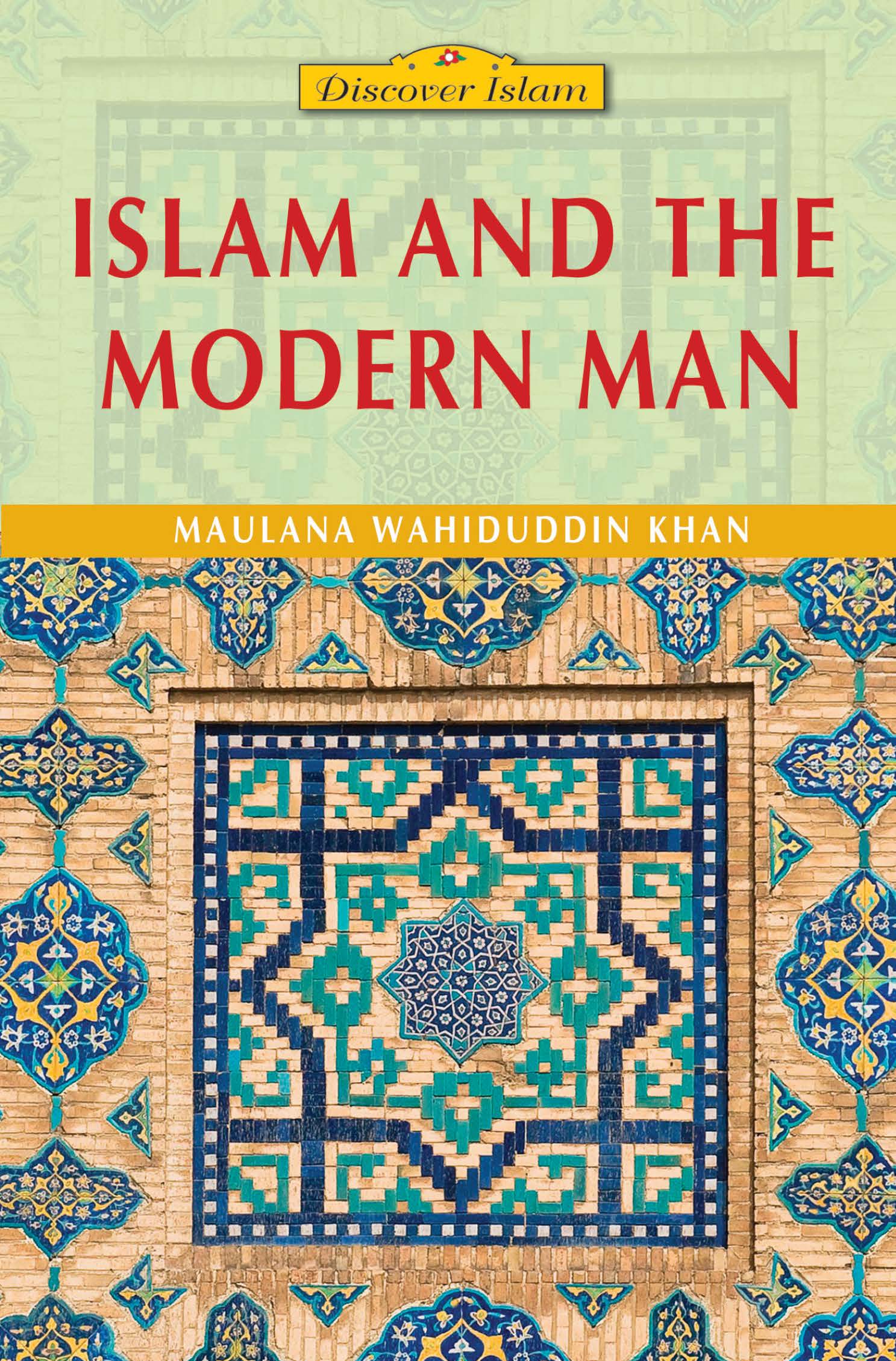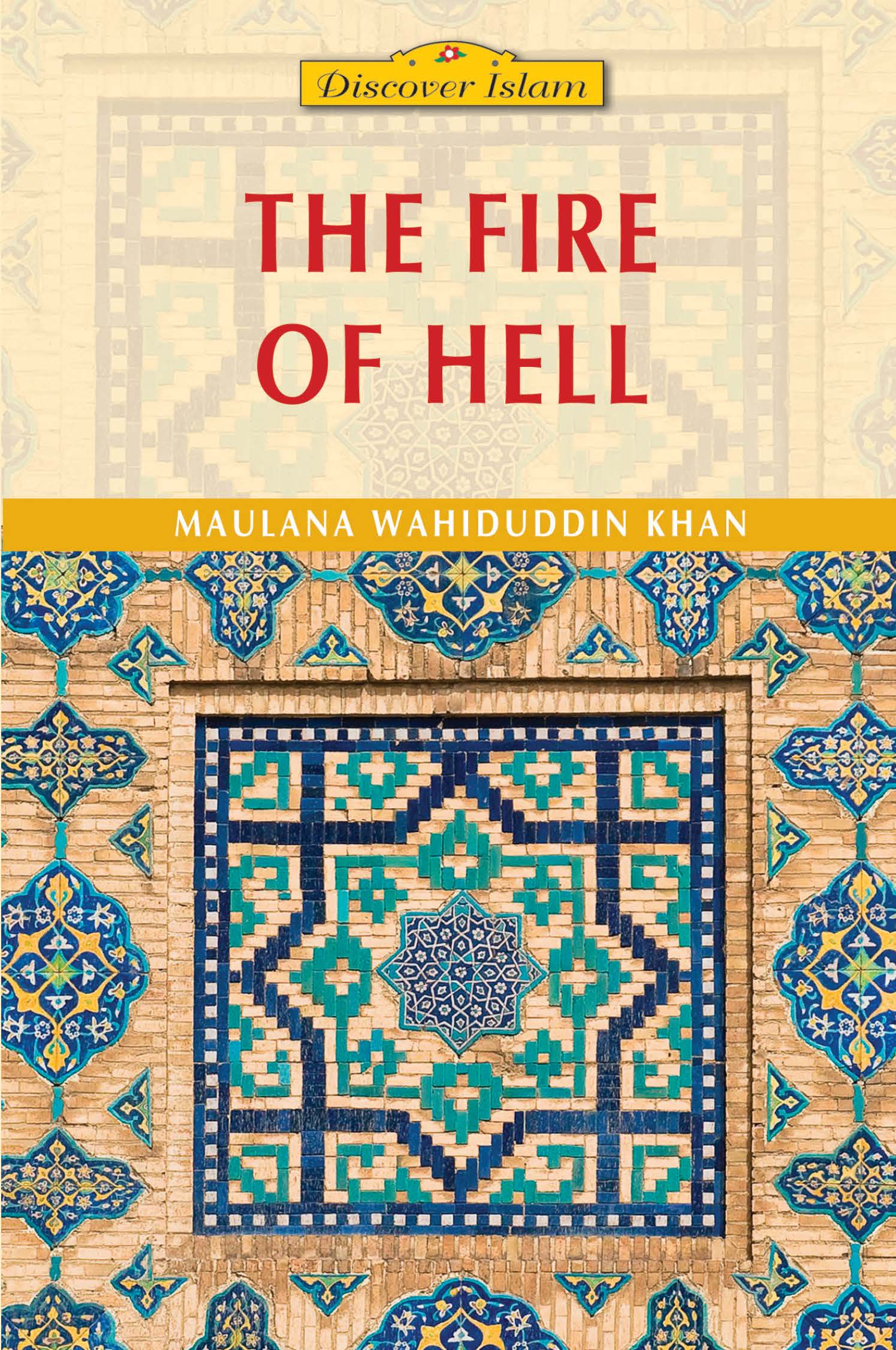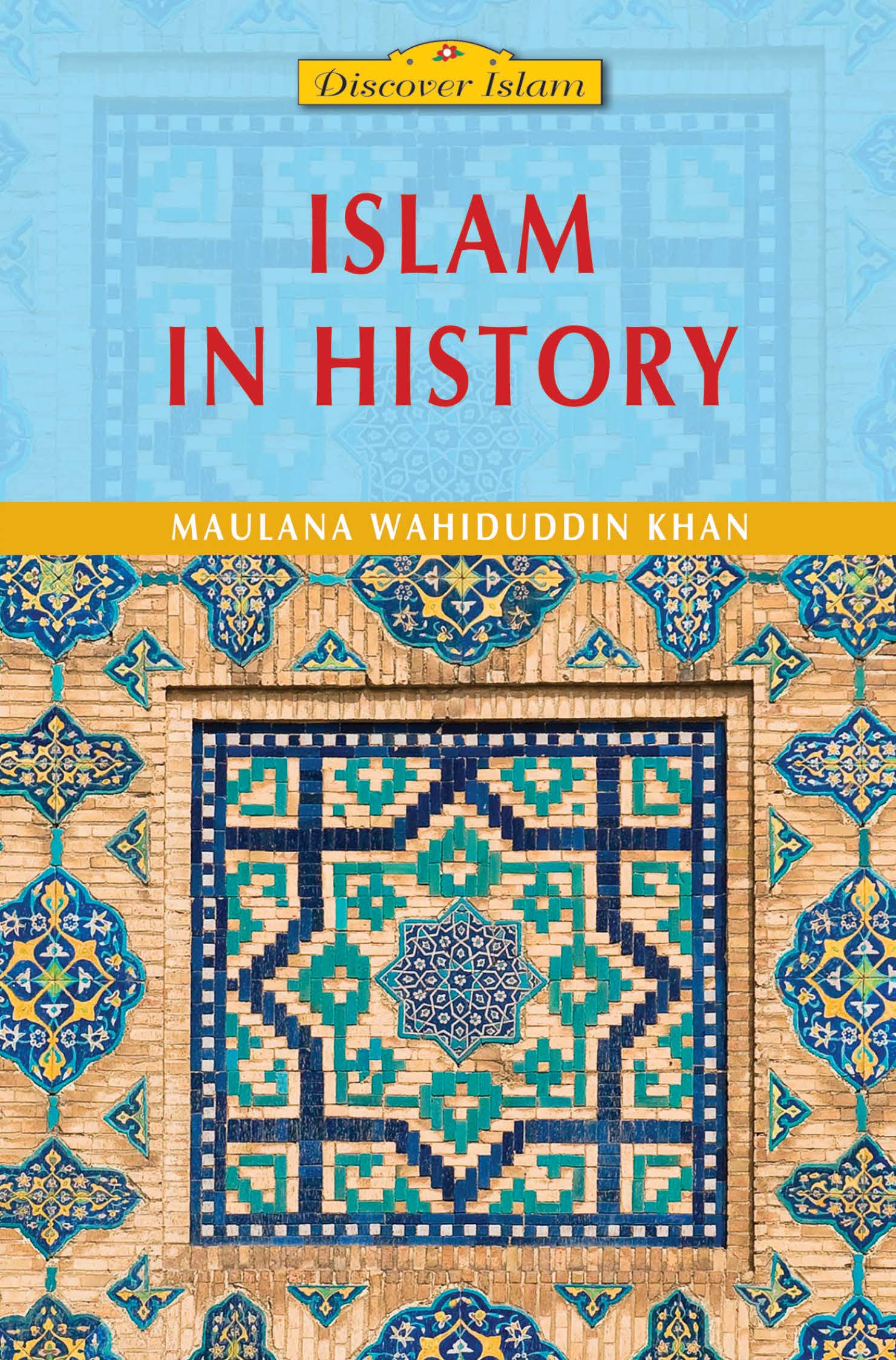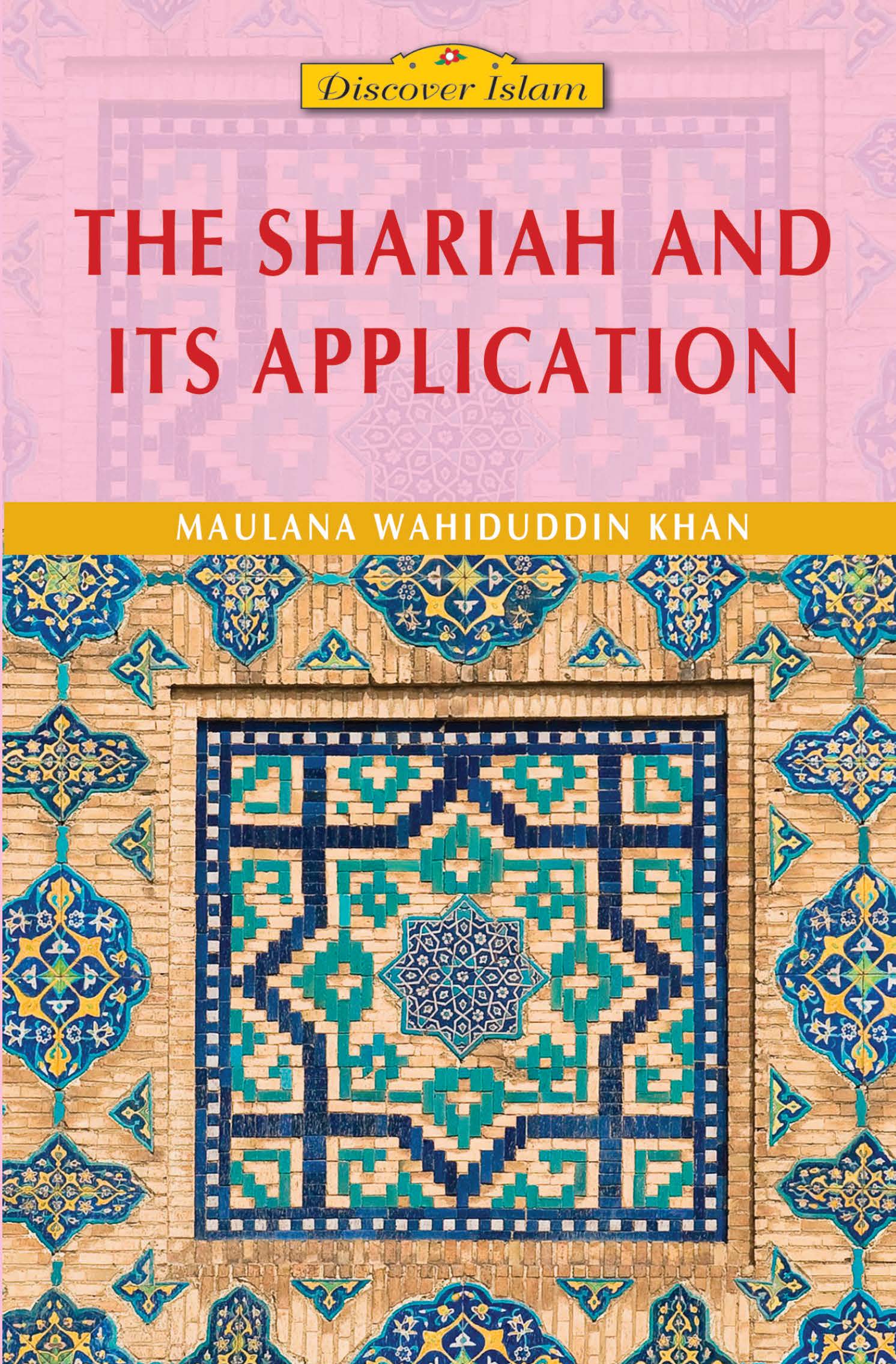Islam and the Modern Man
Submitted by admin1 on Sun, 06/14/2020 - 16:12In the book, Islam and the Modern Man, Maulana Wahiduddin Khan explains that the problems that confront man in the present age can all be traced, directly or indirectly, to one underlying cause: the separation of man from God. In the modern age, man has acquired many material comforts, but he has lost his faith in God. The greatest asset that Islam has to offer man today is this belief in God. Islam has preserved the true concept of God in a pure and complete form. It is, therefore, Islam that can help the modern man find the God he so desperately needs.





